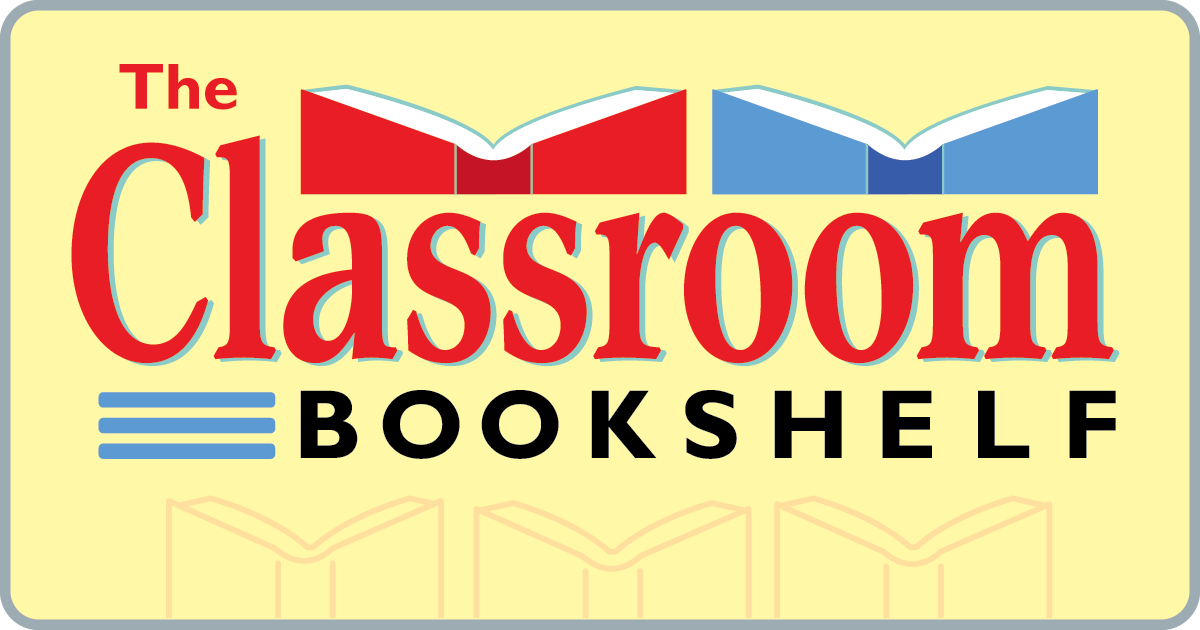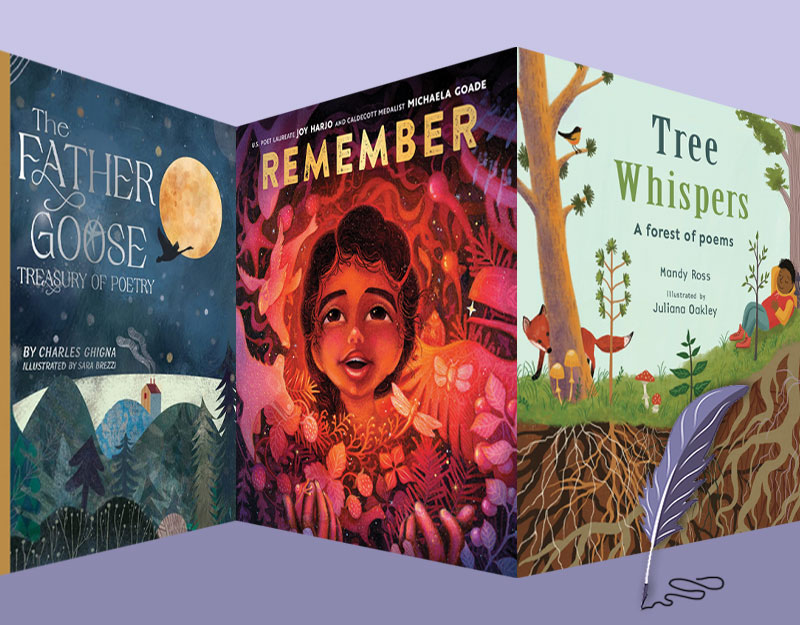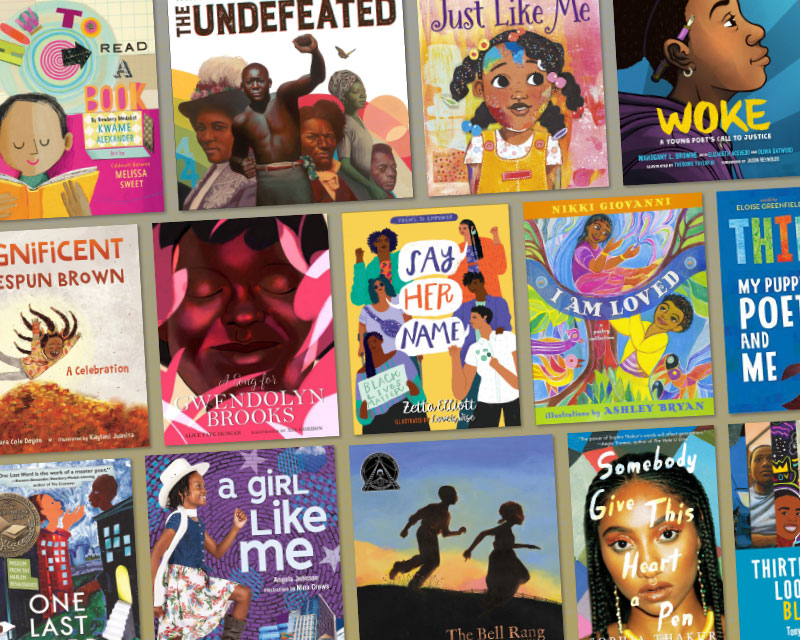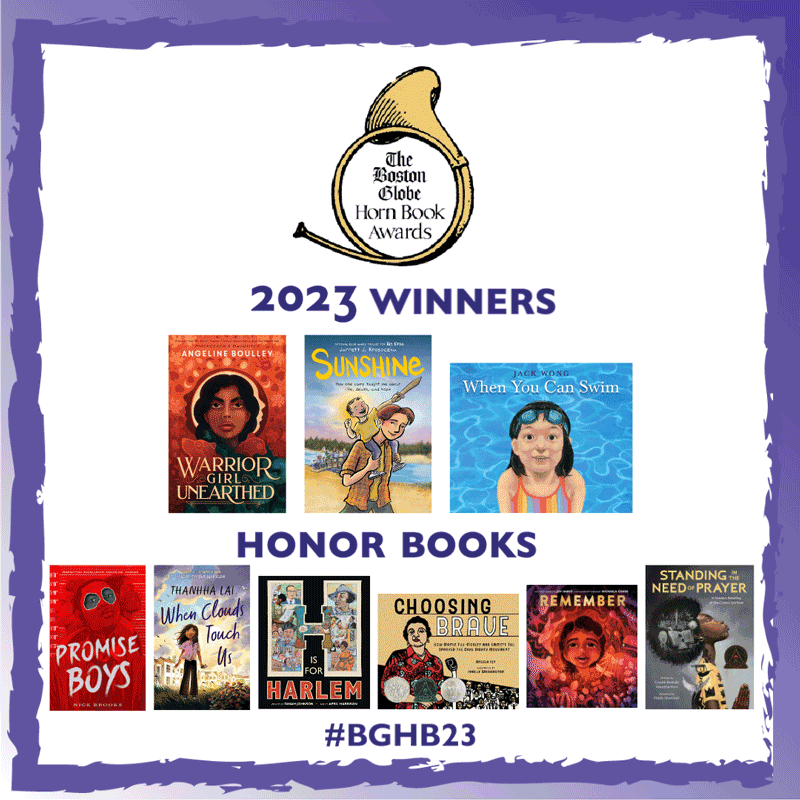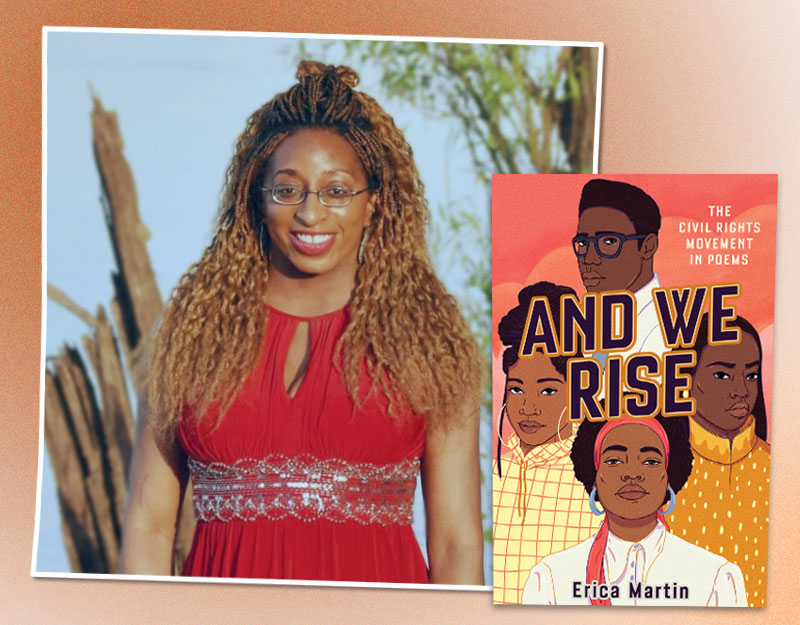2011 Coretta Scott King Author Award: One Crazy Summer
-
Witnessing History. In the acknowledgments, Williams-Garcia states, “I wanted to write this story for those children who witnessed and were part of necessary change. Yes. There were children.” What other ways have children been witnesses to or participants in history? Have different groups read different selections from Phillip Hoose’s two works We Were There, Too: Young People in US History and It’s Our World, Too: Stories of Young People Making a Difference. Have students make comparisons and contrasts between Delphine’s experiences, the children in the books, and their own lives.
-
Poetry Study. In the acknowledgments, Williams-Garcia lists the poets that influenced her as she wrote One Crazy Summer: Nikki Giovanni, Gwendolyn Brooks, Lucille Clifton, Sonia Sanchez, and Kattie Miles Cumbo. Share some of this body of your work with your students, and see what connections they make between the themes and conflicts in the novel and those at work in the poems.
-
Black Panthers. Who were the Black Panthers? What do your students know? What questions do they have? Have students research the organization using some of the online sites below.
-
Exploring Motherhood. One Crazy Summer provides readers with a snapshot of a reluctant mother, of a woman who was not ready to have her children, who left them in order to forge her own identity, who needs to write to create and preserve herself; Nzila, not Cecile. Students may be surprised by this characterization, more used to stereotypical images of mothers in the picture books and chapter books they’ve read, and the media images they’ve absorbed. Have students explore images of motherhood in print advertisements, commercials, music, art, and books for children. What images are presented? What do they have in common? How do they differ? How are they idealized?
-
Dolls and Representation. At the beginning of the novel, Fern can’t go anywhere without her doll, Miss Patty Cake, who has white skin, blonde hair and blue eyes. After “Crazy Kelvin” criticizes Fern for carrying “self-hatred” in her arms, Vonetta colors the doll’s face with black magic marker. Why did Fern have a white doll? Do boys and girls have more options today for buying dolls that look like them? Have your students, with a parent, do research at local stores that sell dolls, from the grocery store, to the pharmacy, to locally-owned and chain toy stores. Some families might choose to look at online stores. How does the stock in actual stores compare with virtual stores? What skin colors are represented in what kinds of ratios? Do boys have the same options as girls? Why or why not? If you are doing this with middle or high school students, you might want to read some of the online stories about dolls and race in America. Additionally, the Philadelphia Doll Museum, devoted to preserving and studying black dolls, has an online collection of artifacts to explore.
-
Oral History Project. Read Brown University’s 1968 Oral History Project (see below). Using that as a model, have students conduct their own oral histories of 1968, interviewing teachers, administrators, parents, grandparents, and neighbors face-to-face, via email, over-the-phone, or on Skype. As students complete their interviews, organize them in groups by age, location, events, or whatever makes sense given the results. Investigate the personal stories for common themes. Have students do further research using digital newspapers from 1968. How do the personal memories compare and contrast to one another? How did people from different races, ethnicities, religions, and regions of the country remember the year differently? Why? What lessons do these multiple perspectives teach us about both the past and the present? Create a forum for student work via a webpage, a presentation for the community at school, your local library, bookstore, or town hall, or record it as a podcast.
Filed under: Awards, Historical Fiction, Novels
About Mary Ann Cappiello
Mary Ann is a professor of language and literacy at Lesley University. A former public school language arts and humanities teacher, she is a passionate advocate for and commentator on children’s books. Mary Ann is the co-author of Teaching with Text Sets (2013) and Teaching to Complexity (2015) and Text Sets in Action: Pathways Through Content Area Literacy (Stenhouse, 2021). She has been a guest on public radio and a consultant to public television. From 2015-2018, Mary Ann was a member of the National Council of Teachers of English's Orbis Pictus Award for Outstanding Nonfiction (K-8) Committee, serving two years as chair.
ADVERTISEMENT
ADVERTISEMENT
SLJ Blog Network
One Star Review, Guess Who? (#202)
Review of the Day: My Antarctica by G. Neri, ill. Corban Wilkin
Exclusive: Giant Magical Otters Invade New Hex Vet Graphic Novel | News
Parsing Religion in Public Schools
Take Five: LGBTQIA+ Middle Grade Novels
ADVERTISEMENT

